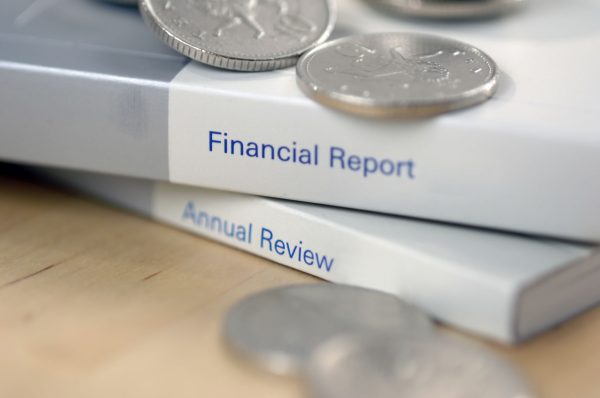The reporting timeline
Financial reporting for academies is much more time-pressured than for most other not-for-profits and corporates. With a requirement for a 31 August 2022 year end, to coincide with the academic year, academies must file their audited accounts with the Education and Skills Funding Agency (ESFA) by 31 December 2022, with their accounts return filed by 19 January and accounts published on the academy website by 31 January. By the time the Companies House deadline of 31 May 2023 comes around, the accounts will already have been in the public domain for at least 4 months, though trusts may want to file earlier.
What’s new in 2021/22?
Every year ESFA publishes an updated Accounts Direction and accompanying model accounts (called Coketown) which provide an excellent template for trusts. Helpfully, ESFA also details the key changes and updates that have been made. So, is there anything new to consider for 2021/22?
Much of what has changed is improved guidance, in areas such as service concession arrangements and accounting for business rates. But there are also a few disclosure changes that will require closer attention from academy accounts preparers:
- A new section in the governance statement requiring an explanation of how conflicts of interest are managed.
- A new requirement for severance payments to be disclosed in set bandings – the details of which are given in Disclosure Note 10 of the updated Coketown model accounts.
- The removal of the requirement to submit dormant company accounts to ESFA
- The removal of the requirement to produce trading accounts for teaching school hubs as separate notes to the financial statements.
ESFA Feedback
In each updated Accounts Direction, the ESFA feeds back to the sector on common areas for improvement, based on their reviews of previous year accounts. They continue to identify that many academies stick unthinkingly to the Coketown model accounts wording, without considering its relevance to their own academy trust.
The Coketown model accounts are incredibly useful in supporting compliance with the Accounts Direction and in providing consistency in reporting structure from academy to academy. That being said, ESFA are keen as ever to emphasise the importance of accounts preparers considering carefully how the narrative and disclosures should reflect the specific circumstances of their academy. Coketown should not be seen as a simple “copy and paste” job.
In addition to that overarching comment, ESFA also identifies particular omissions from a number of accounts that warrant attention. In the Governance Statement, details of governance reviews and internal scrutiny can in some cases be improved, and in the financial statements themselves, it’s the old classic, related party transactions, which needs to be carefully considered. In particular, Academy accounts preparers should look out for the requirement to disclose the names of staff trustees along with their £5k salary banding.
Audit focus – DB Schemes
What might academy auditors be focusing on going into the 2021/22 reporting cycle? The relatively recent update to ISA (UK) 540 Auditing Accounting Estimates and Related Disclosures continues to challenge auditors to improve their planning and documentation regarding accounting estimates. This will be as true for academy audits as for any other.
One of the more challenging areas to audit in an academy is the LGPS Defined Benefit Pension Scheme, which of course requires the dual estimates of present value of pension liabilities alongside the fair value of plan assets.
From a file reviewer’s perspective, it’s an old chestnut. The audit of DB schemes, or at least the documentation thereof, is often found wanting. Use of the actuary’s work as a management expert requires attention to ISA (UK) 500 paragraph 8. This requires the auditor to demonstrate that they have evaluated the competence and objectivity of the actuary, obtained an understanding of their work and suitably evaluated its appropriateness. This means some consideration is needed of the appropriateness of actuarial assumptions and the accuracy and completeness of source data provided by management.
And let’s not forget the asset valuation. File reviews often appear to suggest that no work whatsoever has been performed on this figure. And yet this forms a critical part of the net DB liability reported. The auditor should not unthinkingly take the asset manager’s valuation at face value. Consideration should be given to the nature and complexity of the investments and consequently what further work regarding valuation and ownership may be relevant.
Join James for much more discussion on Academies accounting and auditing on his upcoming courses Introduction to Academy Accounts on 23 June and Academies Update on 5 July.
James Charlton, June 2022





